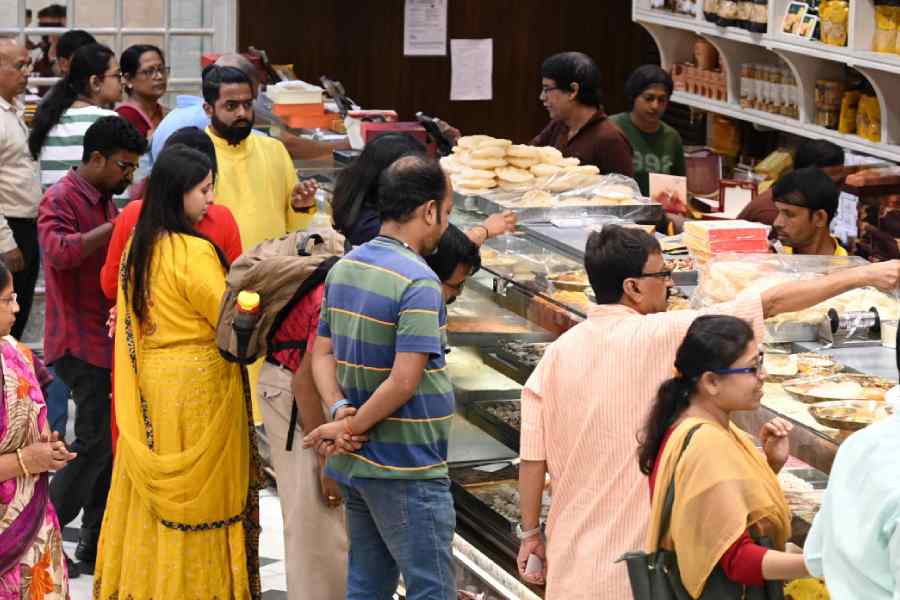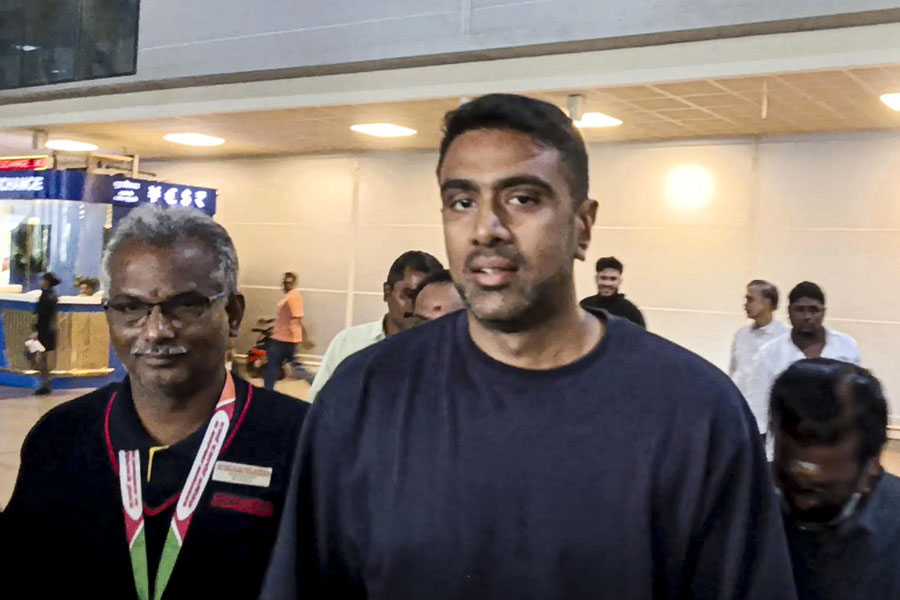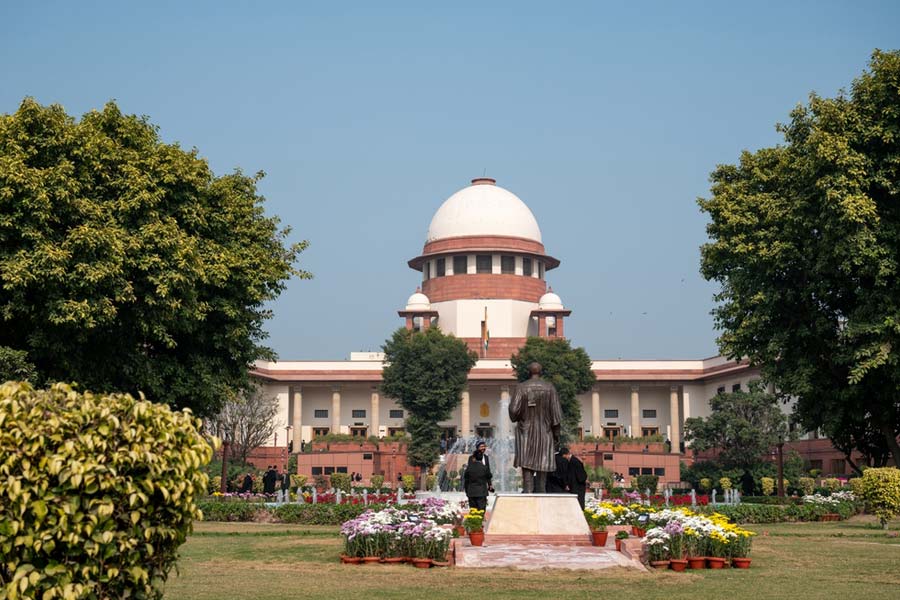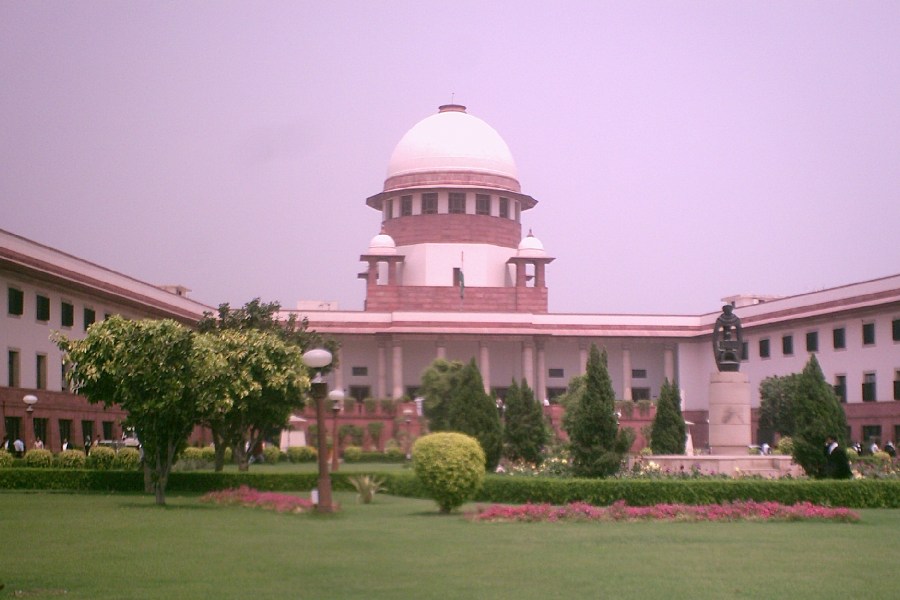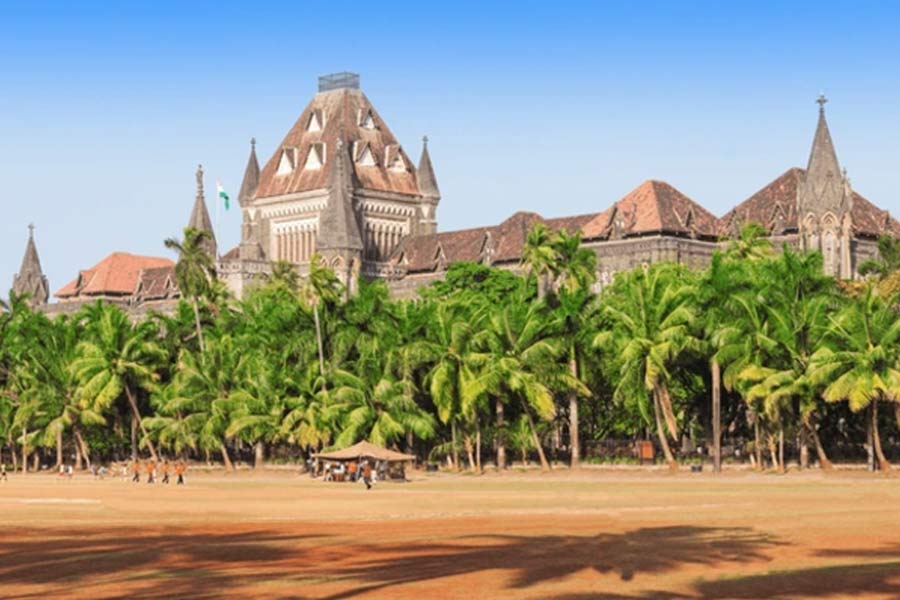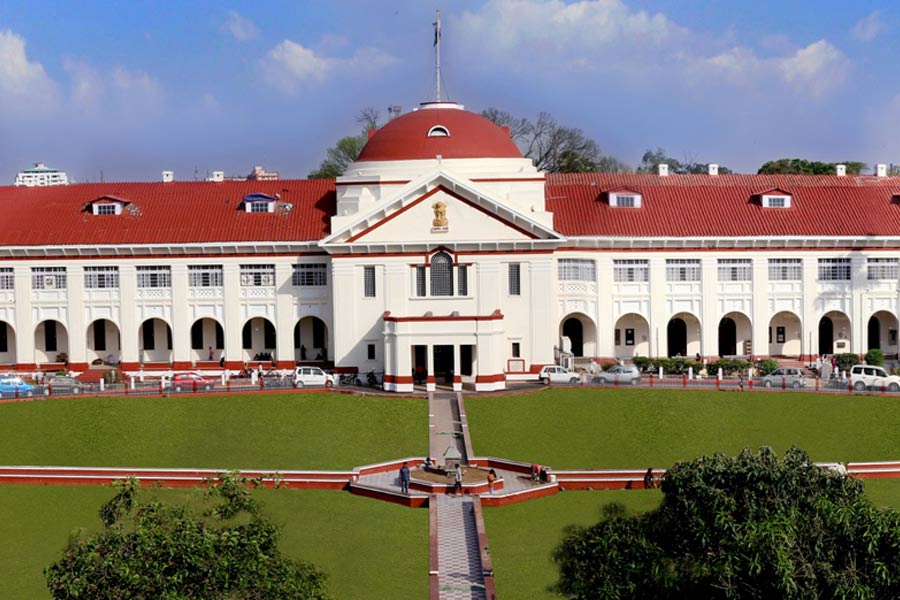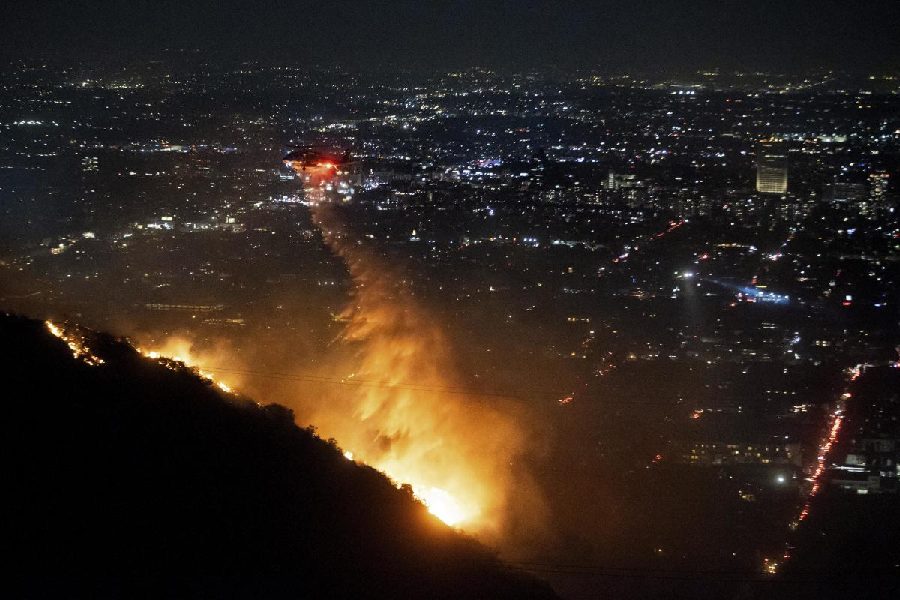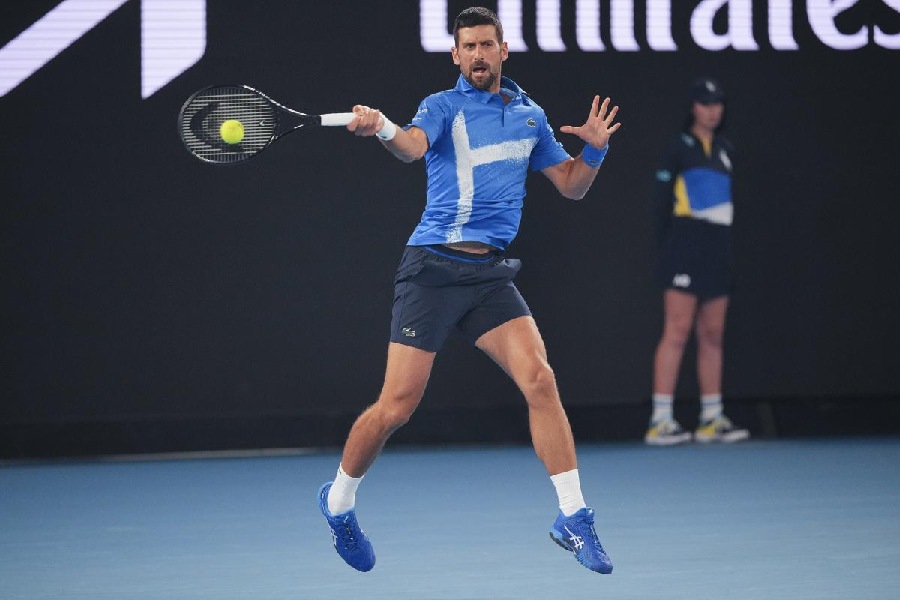Poor replacement
Sir — While most people in Bengal shed a tear or two as they bid adieu to the goddess and her family, some people are smiling. Sweet shop owners no doubt have reason to be happy at the prospect of the windfall they will make as boxes after boxes of sweets are bought, shared and consumed on the occasion of Bijoya Dashami. However, not many people have the time to visit friends and relatives with boxes of sweets anymore. With Bijoya Dashami falling on Sunday and Monday being a workday for most people, perhaps emojis and images of sweets will replace the real deal this year.
Rinjini Das, Calcutta
Potent message
S ir — The Nobel Peace Prize has been awarded to an organisation that has worked to preserve testimonies and memories of the survivors — hibakusha — of the only two nuclear attacks in human history at Hiroshima and Nagasaki (“For atom bomb survivors, Nobel & reckoning”, Oct 13). In addition, Nihon Hidankyo, the Japan-based group, has been a consistent and vocal advocate for nuclear disarmament and a ban on atomic weapons. With two devastating wars raging across the globe, there are crucial questions to be asked about the moral power of ‘witnessing’ and ‘remembering’ in ending mass violence.
The devastation at Nagasaki and Hiroshima demonstrated humanity’s ability to perpetrate the worst suffering on itself. It also became the basis for a semblance of morality between and within nation-states. The lessons from that incident must not be forgotten.
U. Mangalasseri, Malappuram, Kerala
Sir — Even as the Nobel Peace Prize honoured the memories of the hibakusha, there are more people suffering what is bound to cause generational trauma. Thousands are being killed, many of them children. Unlike the Holocaust or even the nuclear explosions, the wars and killings of today are visible globally, with the victims showing the world their suffering in real time. Yet, the logic of security and borders, of power and strategic interest, appears to trump the power of witnessing and remembering.
C.K. Ramani, Chennai
Sir — It has been 79 years since Hiroshima and Nagasaki were pulverised by two atom bombs, Little Boy and Fat Man, respectively, by the United States of America. The victims of the attacks, which killed over 2,00,000 people immediately or due to the effects of radiation by the end of 1945, include survivors who went on to be known as the hibakusha. According to Japan’s ministry of health, labour and welfare, 1,06,825 hibakusha are still alive. By awarding the Nobel Peace Prize for 2024 to Nihon Hidankyo or the Japan Confederation of Atomic and Hydrogen Bomb Sufferers Organizations, a group formed by the hibakusha in 1956, the Nobel Committee has finally recognised the yeoman efforts made by the group to improve health and provide medical support to the hibakusha and to strive for the abolition of nuclear weapons. By highlighting the struggles of the hibakusha, the Nobel Peace Prize should hopefully provide the impetus for the world to work further on abolishing nuclear weapons and the strategies that foster their continued usage.
Vinay Asawa, Howrah
Sir — International agencies set up in the aftermath of the two World Wars have failed to keep international feuds in check as has been proven by the wars in Ukraine and Gaza. At such a time, awarding the Nobel Peace Prize to Nihon Hidankyo, a group that offers to counter such onslaughts through the memory of the suffering inflicted by the bombing of Hiroshima and Nagasaki, is an interesting choice. The group’s principle of using memory as a weapon against war is particularly relevant in the case of Ukraine and Gaza because it is memories — real and imagined — of persecution that are fuelling the two conflicts. Memories can thus be a double-edged sword.
K. Nehru Patnaik, Visakhapatnam
Sir — Amidst widespread conflict across the globe, the Norwegian Nobel Committee has reasserted that this year’s Peace Prize signifies the upholding of “the nuclear taboo”. This could not have come at a more opportune moment given that the Russian president, Vladimir Putin, has already threatened to use nuclear weapons in his war against Ukraine and Israel’s onslaught against Palestine and its allies is progressively getting out of hand. One hopes that the award serves as a timely reminder to the world of the dangers of wars.
Jayanta Datta, Hooghly
Versatile player
Sir — Rafael Nadal was the undisputed king of the clay court, but the way he adapted himself to other surfaces — he won four US Opens and two titles each at Wimbledon and the Australian Open — vouches for the strength of his game. That Nadal had such a long and prolific career is an achievement in itself. There were many who predicted that his overtly physical style that demanded so much of his body would result in a relatively short career. That the Spaniard could prove the doubters wrong was a blessing for tennis, and for sports.
Samaresh Khan, Midnapore

